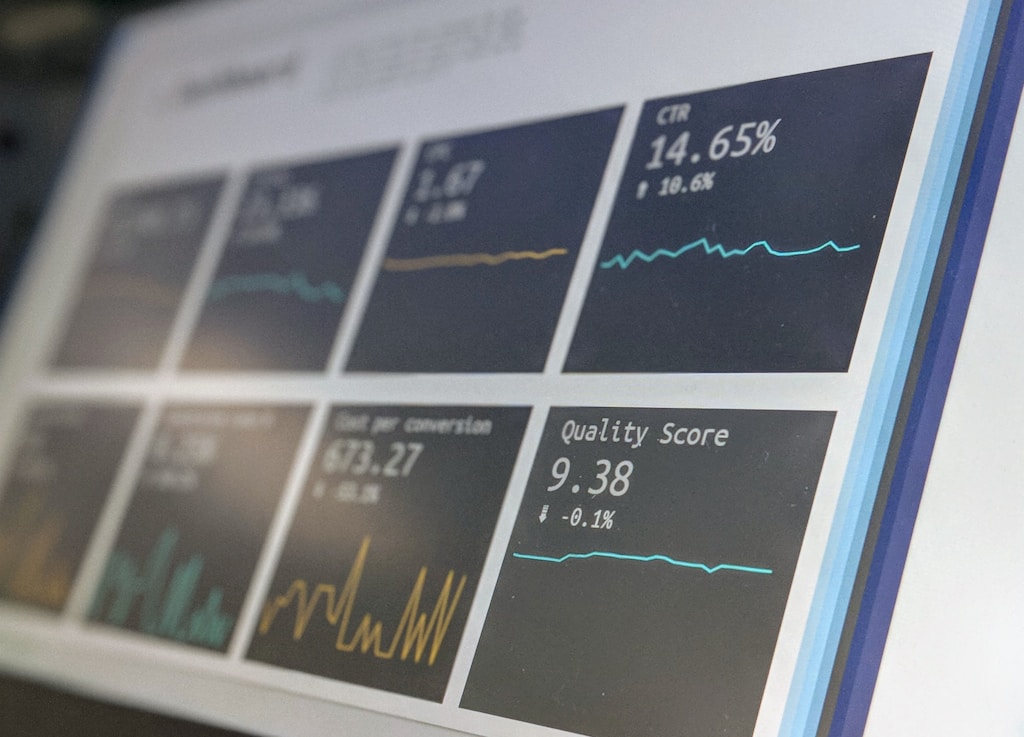In a significant regulatory development that contrasts sharply with Brazil’s growing retail crypto adoption, the National Monetary Council (CMN) has officially prohibited retirement funds from investing in cryptocurrencies, citing concerns over investment risks and market volatility.
Key Points of Brazil’s Pension Fund Crypto Ban
- Complete prohibition on cryptocurrency investments for retirement funds
- Resolution issued on March 27, 2025
- Affects all regulated pension fund operators in Brazil
- Decision based on “specific investment and risk characteristics” of crypto assets
Impact on Brazil’s Crypto Landscape
This regulatory move represents a significant shift in Brazil’s approach to cryptocurrency integration within traditional financial systems. While retail investors have shown increasing interest in digital assets, with Brazil ranking among the top countries for crypto adoption in Latin America, institutional involvement faces new restrictions.
Expert Analysis and Market Implications
Financial analysts suggest this decision could have far-reaching implications for Brazil’s institutional crypto market development. The ban effectively removes a potentially significant source of institutional investment from the cryptocurrency ecosystem.
Frequently Asked Questions
How does this ban affect existing crypto investments by pension funds?
The resolution provides guidelines for the gradual divestment of any existing cryptocurrency positions held by pension funds.
Can individual Brazilians still invest in cryptocurrency?
Yes, this ban only affects regulated pension funds and does not impact individual investors’ ability to purchase or trade cryptocurrencies.
What alternatives do pension funds have for digital asset exposure?
Funds can still invest in traditional financial instruments and regulated security tokens that comply with CMN guidelines.
Looking Ahead: Brazil’s Crypto Regulatory Landscape
This development signals a cautious approach by Brazilian regulators toward institutional cryptocurrency adoption, even as the country’s retail market continues to embrace digital assets. The contrast between institutional restrictions and retail freedom could shape Brazil’s crypto ecosystem in unique ways moving forward.








